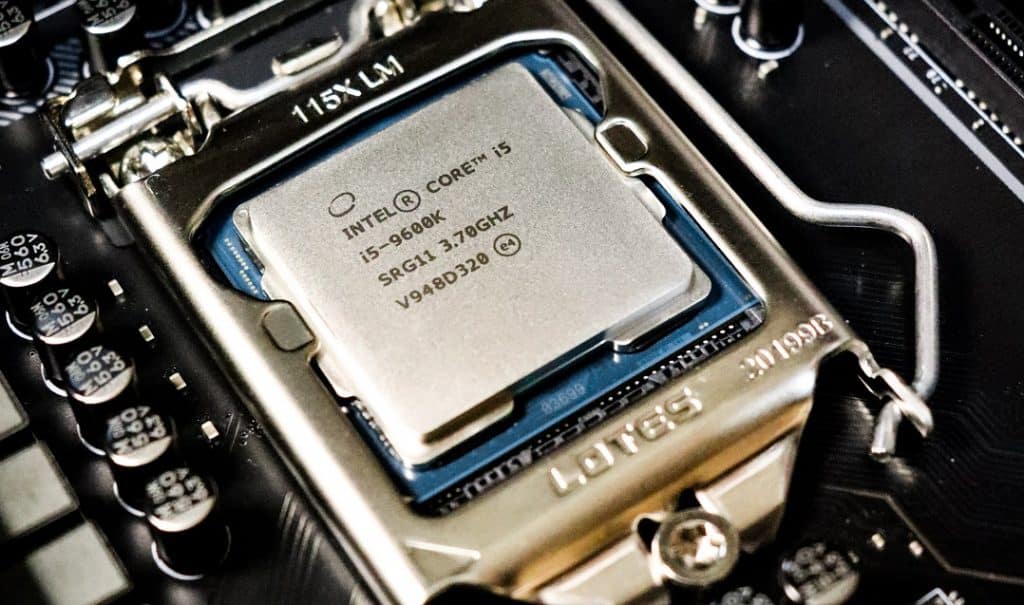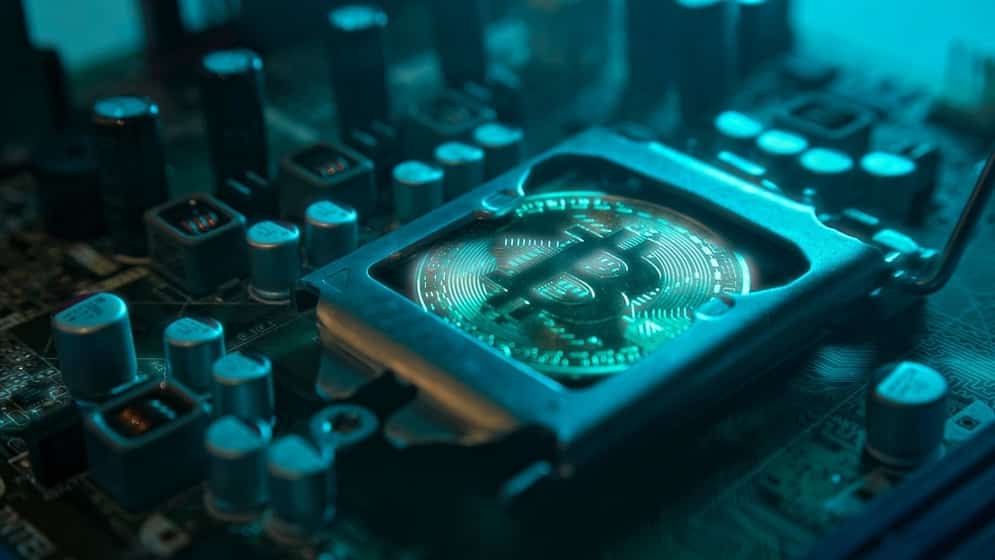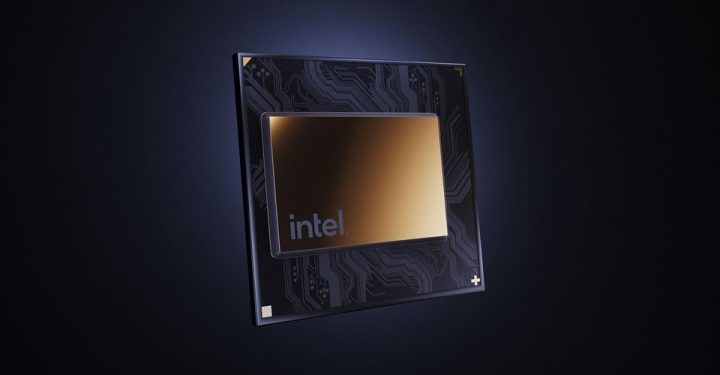Bitcoin mining has caused an enormous scarcity of GPUs, which are being sold to miners at a steep cost while gamers struggle to get their hands on one for a fair price.
Intel’s Transition into Crypto Mining
Prices have risen, and even retailers like Best Buy are taking advantage of the situation by putting Nvidia’s RTX 3000-series behind a $200 membership fence. However, it looks that CPUs will be the next to be targeted. Radeon processors with a large cache are preferred by the new Raptoreum (RTM) cryptocurrency. AMD Ryzen chip shortages might follow if too many miners join the Raptoreum bandwagon, analysts have warned. Intel has formally declared its crypto silicon ambitions in the middle of all this uncertainty.
Intel claims to be working on a “blockchain accelerator” processor specifically for cryptocurrency mining. Block, the business run by former Twitter Executive and outspoken lover of blockchain technology, is one of the first to use Intel’s CPUs. Senior vice president at Intel, Raja Koduri, said- As Koduri previously noted, the current internet computer capacity would need to be boosted 1,000 times in order to accomplish the grandiose metaverse goals. According to Koduri, the SHA-256 acronym is shorthand for the Secure Hashing Algorithm, which takes a random input and generates a fixed-size 256-bit token. As the foundation of the Bitcoin system, it’s entrusted with establishing and validating blockchain addresses. Have You Read: ‘realityOS’ Might Be Apple’s New OS
A Step Into The Future
At the (ISSCC), (International Solid-State Circuits )Conference which takes place at the end of this month, Intel promises to disclose further information about the next chip’s design. What Intel has to say about “An Ultra Low Voltage Energy Efficient Bitcoin Mining ASIC” will be discussed during the event. To put it simply, an ASIC is an integrated circuit that has been built specifically for a single application. The use of ASICs to mine cryptocurrency is a real thing, and it’s becoming more and more common. Even more crucially, according to Koduri, Intel’s crypto-mining chip isn’t intended to disrupt the supply of the company’s current goods. At a time when there is a lack of GPUs as well as a supply-side crisis in semiconductors, Intel is preparing its dedicated ARC GPUs to take a better step into the future.
A lot depends on how Intel’s crypto-focused GPU makes its name while yet being competitive in the industry where AMD, and NVIDIA GPUs dominate.


